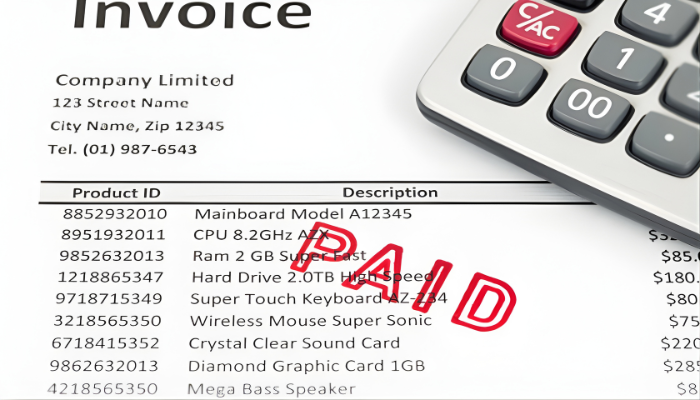Over the past few years, small and mid-sized businesses have faced major financial challenges. From inflation to changing customer demand, many had to make tough choices just to keep the lights on. Some businesses shut their doors for good. Others stayed open by relying on credit, postponing payments, or negotiating temporary relief.
Even now, with parts of the economy showing signs of stability, many businesses still struggle to access traditional financing. Banks have tightened their lending standards, making it harder for companies with past credit issues to get approved. In some cases, even businesses with steady income and loyal customers are turned away, especially when the owner’s personal credit score is factored in. And for those working to build up good business credit, it’s often a slow process.
How Bad Credit Can Hold Your Business Back
Most businesses don’t get paid the moment a job is done or a product ships. It’s normal to wait 30, 60, or even 90 days for an invoice to clear. Larger companies usually have enough cash in the bank or access to credit to bridge that gap. But if your business has struggled with credit, that wait can create real pressure.
Without reliable funding, covering day-to-day costs can turn into a juggling act. Even well-run companies find themselves stretched thin when cash isn’t coming in fast enough. Some of the most common challenges include:
- Current small business operating expenses, including payroll
- Scheduled payments on existing loans and debt obligations
- Repairs or modernization of equipment and facilities
- Advertising, promotions, and sales costs to attract new business
- Taking advantage of growth and expansion opportunities in new markets
When credit is limited, every delay or expense feels bigger. And even businesses with solid revenue can find themselves stuck if they can’t qualify for a loan.
The bottom line? Bad credit doesn’t mean your business isn’t working. But it can make it harder to move forward, and that’s where understanding your financing options becomes really important.
Problems Associated with Bad Credit Business Financing
Traditional lenders are in the business of managing risk, and that means they’re cautious when it comes to approving business loans. Whether you’re applying for a term loan or a line of credit, banks typically require a detailed application, strong credit history, and clear financials to even begin the process.
If your business weathered the last few years with strained cash flow, deferred payments, or other financial setbacks, that history could still be working against you. Even if your operations have stabilized, poor credit, whether business or personal, can limit your options.
And when financing is available, it often comes with a catch:
- Higher interest rates that eat into margins
- Demanding collateral requirements that put key assets on the line
- Shorter repayment terms that leave little room for error
For many small business owners, especially those still recovering or growing in this environment, borrowing money through traditional loans can feel like navigating a maze, with few good exits.
A Better Option for Businesses with Credit Issues
Instead of jumping through hoops with traditional lenders, many small businesses are finding a smarter path with invoice factoring, a finance solution that focuses on the strength of your invoices, not your credit history.
How it works in real terms:
- You deliver goods or services and issue an invoice.
- You assign that invoice to a factoring company.
- You receive most of the invoice amount upfront, often within a day or two, giving your business immediate access to working capital.
- When your customer pays the invoice, the factoring company sends you the remaining balance, minus a small factoring fee.
Because factoring is based on your customers’ creditworthiness and the validity of the invoice, not yours, it’s a game-changer for companies with less-than-perfect credit. It offers a reliable way to:
- Keep cash flow steady, especially during growth or recovery periods
- Pay for payroll, inventory, or other immediate needs without new debt
- Fund business opportunities without waiting weeks for customer payments

Final Thoughts
Bad credit doesn’t define your business or your potential for success. It can be a hurdle, but it’s not a dead end. Today, with tools like factoring, you can access reliable capital quickly, based on the strength of your revenue rather than your credit history.
If you're navigating tight margins, working through recovery, or preparing for the next phase of growth, factoring could provide the financial flexibility you need, without the frustration and delay of bank loan approvals.
Wondering if this approach could work for you?
We’re here to talk through the details if and when you’re ready. No pressure, just honest, useful information to help you explore your options.
*Originally published June 26, 2013, updated to reflect today’s financing landscape for small business owners.

















